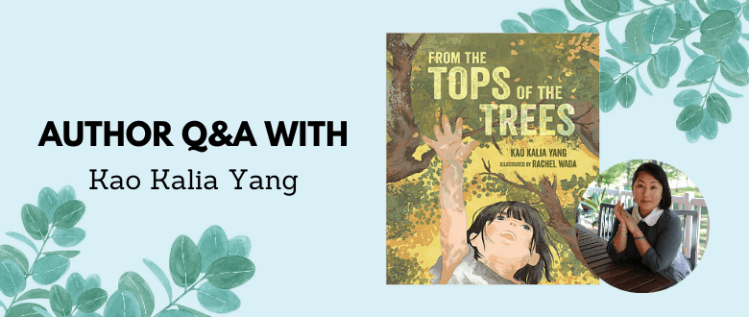All the Things We Never Said: An Interview with Author Yasmin Rahman

In All the Things We Never Said three girls with overwhelming depression meet through a website that binds them in a suicide pact. As they become friends, they realize their struggles aren’t insurmountable with the right support. But breaking the pact won’t be simple as the website continues to push them. Harrowing but deeply thoughtful and authentic, this young adult novel emphasizes the importance of having a strong support network, seeking help for mental health crises (which goes beyond just leaning on friends), and not giving up on oneself.
Today author Yasmin Rahman joins us on the Lerner blog to discuss why she wrote this story, her creative process, and more. Keep reading to find a downloadable discussion guide.

What inspired you to write the book?
The story stemmed from my own experiences of depression as a teenager. I found a lot of solace in YA books about mental health—however, none of the books I was reading had any Muslim characters or mentioned the particular struggles that pop up in South Asian communities around mental illness. I wanted to correct that. It was basically a book I needed as a teenager.
What made you want to write the book in such a unique format, with verse and graphic fonts?
I really wanted to show different experiences of depression—to show that it differs for everyone. I wanted to include different causes and triggers, to show a variety of experiences. I also find first-person the most effective point of view to write in, so I knew I had to make my three voices very distinct. I put a LOT of work into trying to get this right! I wrote test monologues from each character’s POV when I was first starting, to try and get their voices to come to me on the page. Mehreen and Cara came to me immediately, but Olivia was a bit harder. I knew her story, but I couldn’t get her voice right. I eventually realized this was linked to her character; she is not as introspective as the other two. So I started writing her as an observer—just remarking on things around her, with less emotional input. This naturally came out quite staccato and lent itself very well to verse. When I was reading it back, I found myself emphasizing certain words, so decided to have a play around with formatting and ended up finding the perfect vehicle for her.
As for Mehreen’s negative thoughts, which she calls the Chaos, it was very important to me to try to get across the truly horrible nature of anxious thoughts. It wasn’t enough to just have words written on the page. It needed to have more of an impact. Again, I used my own experiences to visually put down how menacing and overpowering such thoughts can be.
The story has a lot of personal connection to you and your experiences. How did it feel to put so much of yourself on paper?
I’d been trying to write this book for years but chickened out because of how awkward it felt to be so open and vulnerable. It wasn’t until my twenties that I even told anyone about my struggles, so I was pretty used to hiding it. I think the thing that kept me going was the hope that it would help someone. Help someone feel less alone, help someone see the light, help someone get help. Although I made sure the characters didn’t resemble me or my life too closely, the writing really was very therapeutic. It sort of helped me come to terms with my mental illness—helped me own it and to understand it a lot more.
Is there something you had to edit out of the book that you didn’t want to?
I am a natural overwriter, so I am very thankful for anyone who takes the time to edit down my work! I think all the edits we made, all the random scenes we cut, make the story so much tighter, so I don’t really regret any of it. However, there was this one scene that I just loved writing so much, but that did not add anything to the story, so we cut it. It was just a very silly scene while the three characters were having a sleepover, joking around and getting to know each other. I think there was a marshmallow eating competition.
Free Downloadable Resource
Download this free discussion guide to find the right words for tough conversations. Visit the Lerner website for more information.
Praise for All the Things We Never Said
★ “[P]oignantly realistic. Honestly portrays the dark parts of life—and shows that there is hope.” — starred, Kirkus Reviews
Connect with Yasmin
Yasmin Rahman is a British Muslim born and raised in Hertfordshire. She has MAs in Creative Writing and Writing for Young People. Her debut novel, All the Things We Never Said, was nominated for the Carnegie Medal, and was the runner-up YA book in the inaugural Diversity Book Awards. Yasmin also works as a librarian at a secondary school, where she spends her days making funky displays and trying to shove her friends’ books into students’ hands.

Comments